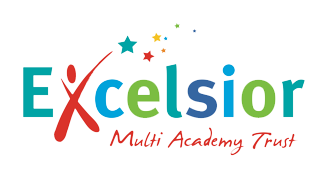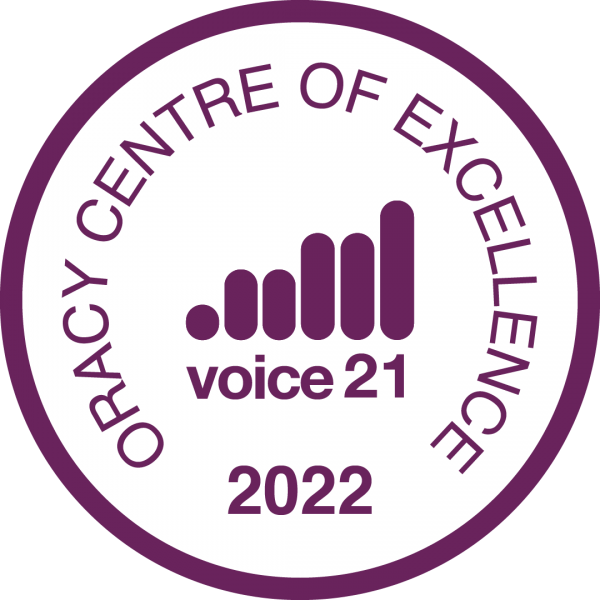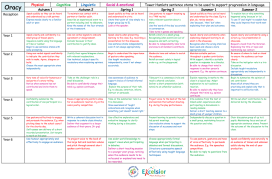Oracy
At Parkfield Community School, we are working with Voice 21 to develop the children's Oracy skills to enhance their speaking and listening. Over the last year we have participated in many different activities and games to improve active listening, parental engagement, and discussions.
The benefits of Oracy skills go far beyond academic achievement and employability however, they boost a whole range of social, emotional, and interpersonal skills, including self-confidence, self-awareness, resilience, and empathy.
Oracy has enabled children in our school to improve their confidence in communicating effectively with one another, expressing their opinion, and participating in discussions both verbally and non-verbally. The sentence stems that we have embedded in our planning across the curriculum helps scaffold class discussions whilst also ensuring that children of all abilities can access the learning. It is also beginning to have an impact on children's writing because children are applying the sentence stems within their writing.
This short video that explains what Oracy is and how important Oracy, and the teaching of Oracy is. Click on the image below to view this video.
We have an Oracy policy that not only runs in line with the other schools in Excelsior, but also is tailored specifically to Parkfield.
Oracy - 4 Strands
Children will not only be taught the word ‘Oracy’, but also the language of the 4 strands.
- Physical
- Linguistic
- Cognitive
- Social and Emotional
We teach these skills in school, but you can do it at home very easily too.
For example, to develop the physical strand, we practice good listening skills. In our classrooms we display this poster. In your homes, you can follow these rules too.
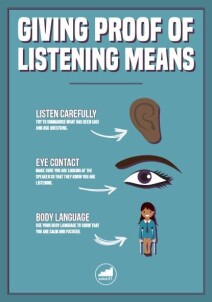
This image shows how the way we talk can differ depending on who we are talking to. Do you have a ‘telephone voice’? Do you always speak in the same way?
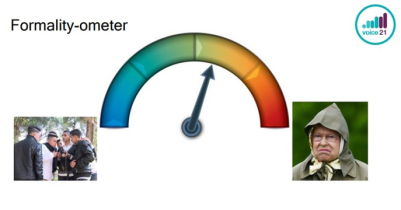
Do you ever play ‘devil’s advocate’? Do you ask tricky questions, just to get your children to change the way they are thinking? Do you ever watch a program on television and then have explain what you seen to someone, or have to summarise what happened because they missed it? You are using our discussion roles or ‘Talk Tactics’.
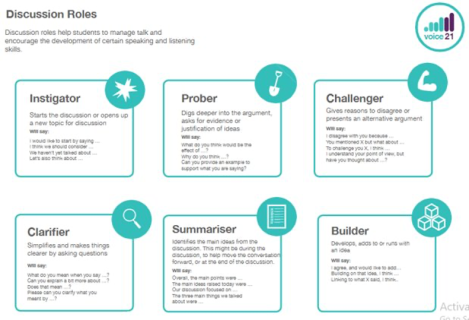
Classroom Displays and Sentence Stems
These images show the kind of display you will see in all classrooms to support children’s oracy.
We use sentence stems to help children speak in full sentences, when appropriate.
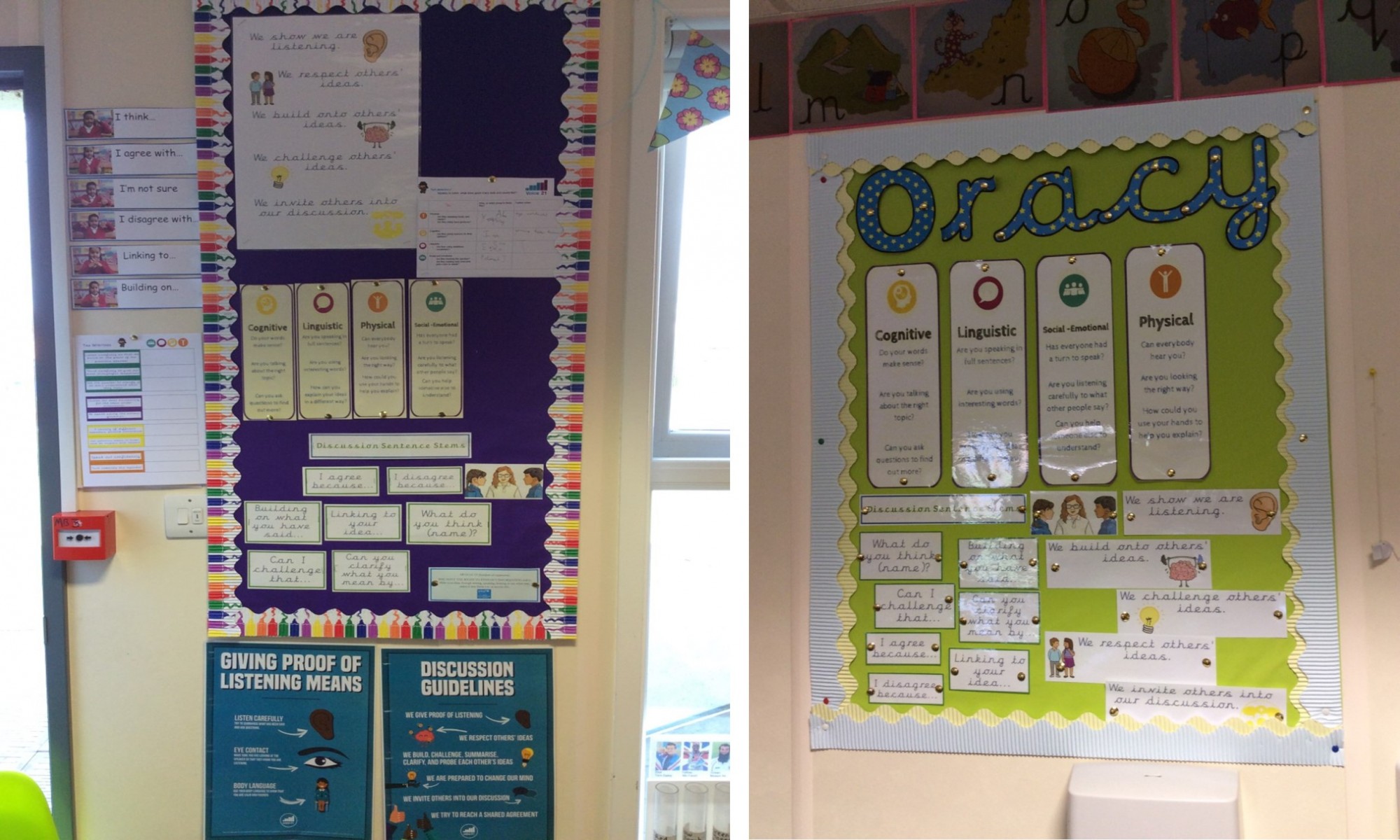
Sometimes children don’t need to speak in full sentences. Exploratory talk is about using informal language to explore ideas.
Sometimes children agree with each other, sometimes they don’t. We teach children how to disagree respectfully and we show our opinions using non-verbal signals.
Oracy is used across the curriculum to encourage discussion and talk. Click below to see examples used in the classroom.
We have a progression plan for all year groups so that our children make progress for the time the enter CFPS to the day they leave. Please click on the image below to see our Oracy Progression Document.
Here are some comments about Oracy from our children at Parkfield:
“Oracy is important because if you do not listen then you will not be successful, if you do listen you will be successful.”
“I would like to say that oracy has helped me with my pronunciation and speaking.”
“Oracy to me is important to me because it helps me to speak louder in front of my class.”
“Oracy is all about using your voice and listening to other people's ideas.”
“Oracy to me is important because it helps by having someone agree or disagree with you and you can learn from that.”
“I think that speaking and listening is important because if you listen you can learn more in life and talking is good because you can correct your mistakes when talking.”
“Oracy helps me express my ideas in class and it helps me in work when we are sharing ideas.”
“I find it important to communicate to my teacher and tell her my feelings and to my classmates and friends.”
